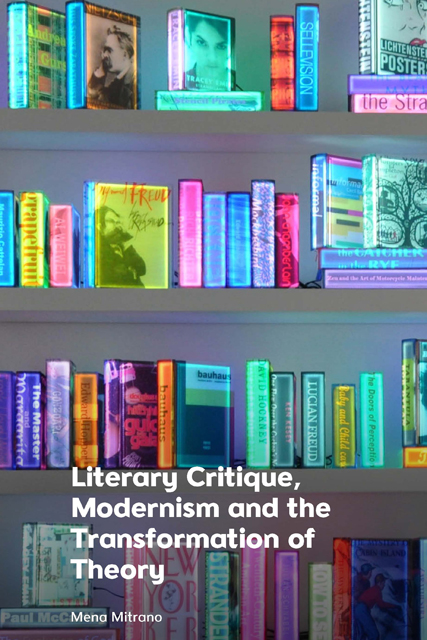Book contents
- Frontmatter
- Contents
- List of Figures
- Acknowledgments
- Introduction
- 1 What is Critique?: Three Types of Indocility
- 2 Theory: Thinking with Literature
- 3 What is a Critic?: Weak Thought, Weak Theory, Italian Theory
- 4 Language: The Return to Saussure
- 5 Tradition: Eliot and Work
- 6 Text and Method: Cixous–Joyce–Lispector
- 7 Poststructuralism: Faith and Lacan
- Conclusion: Depending on Your Neighbor
- Bibliography
- Index
6 - Text and Method: Cixous–Joyce–Lispector
Published online by Cambridge University Press: 25 April 2023
- Frontmatter
- Contents
- List of Figures
- Acknowledgments
- Introduction
- 1 What is Critique?: Three Types of Indocility
- 2 Theory: Thinking with Literature
- 3 What is a Critic?: Weak Thought, Weak Theory, Italian Theory
- 4 Language: The Return to Saussure
- 5 Tradition: Eliot and Work
- 6 Text and Method: Cixous–Joyce–Lispector
- 7 Poststructuralism: Faith and Lacan
- Conclusion: Depending on Your Neighbor
- Bibliography
- Index
Summary
Stephen watched the three glasses being raised from the counter as his father and his two cronies drank to the memory of their past. An abyss of fortune and of temperament sundered him from them.
James Joyce, A Portrait of the Artist as a Young ManOverview
In the previous chapter we followed T. S. Eliot’s erosion of the linear concept of tradition from the vantage point of the conflict of Life and Form. Eliot’s theory of literature hands down to us a circuit of gift and debt, tying one writer to the other, that resonates with Esposito’s plane of coevalness. Eliot’s plane of repetition and recognition exceeds the figure of the artist as it was understood by his contemporaries; it takes away the stress from self-fashioning and tips the scales toward the search for an enabling intimacy with the medium of language. It is in his relation to language as pure potentiality that Eliot can be enlisted in living thought, as someone who felt the exigency of a writing that aspires to pierce the impersonal dimension of human experience. This chapter follows up and discusses contemporary feminist theorist Hélène Cixous back to back with Eliot because her recuperation of Brazilian writer Clarice Lispector activates the conflict of Life and Form, latent in modernism and now overtly redirected in the theorization of an alternative line of reflection which the French feminist thinker, similarly to Esposito, qualifies as “living.” For Cixous, “writing is something living.”
Cixous interests us here because, even though she has been assimilated to French poststructuralism, her idea of literature strays from what has become customary to associate with the poststructuralist attitude. She neither assumes a competitive relation with the text nor does she feed the hostility of text and critic which has been lamented, in postcritical times, as an effect of poststructuralism (Marcus and Best 18). Her gaze is neither impassive nor distancing; it does not nullify the text in the attempt to go against “received wisdom” or secrete “an exemplary self-consciousness and a heightened aesthetic sensibility” (Felski, Limits 74). Cixous places center stage the activity of reading, with the sense of wonder and discovery that we associate with it. Reading, like philosophy, Toril Moi reminds us, begins in wonder (26). Cixous’s discovery of Lispector provides an example.
- Type
- Chapter
- Information
- Literary Critique, Modernism and the Transformation of Theory , pp. 189 - 214Publisher: Edinburgh University PressPrint publication year: 2022



